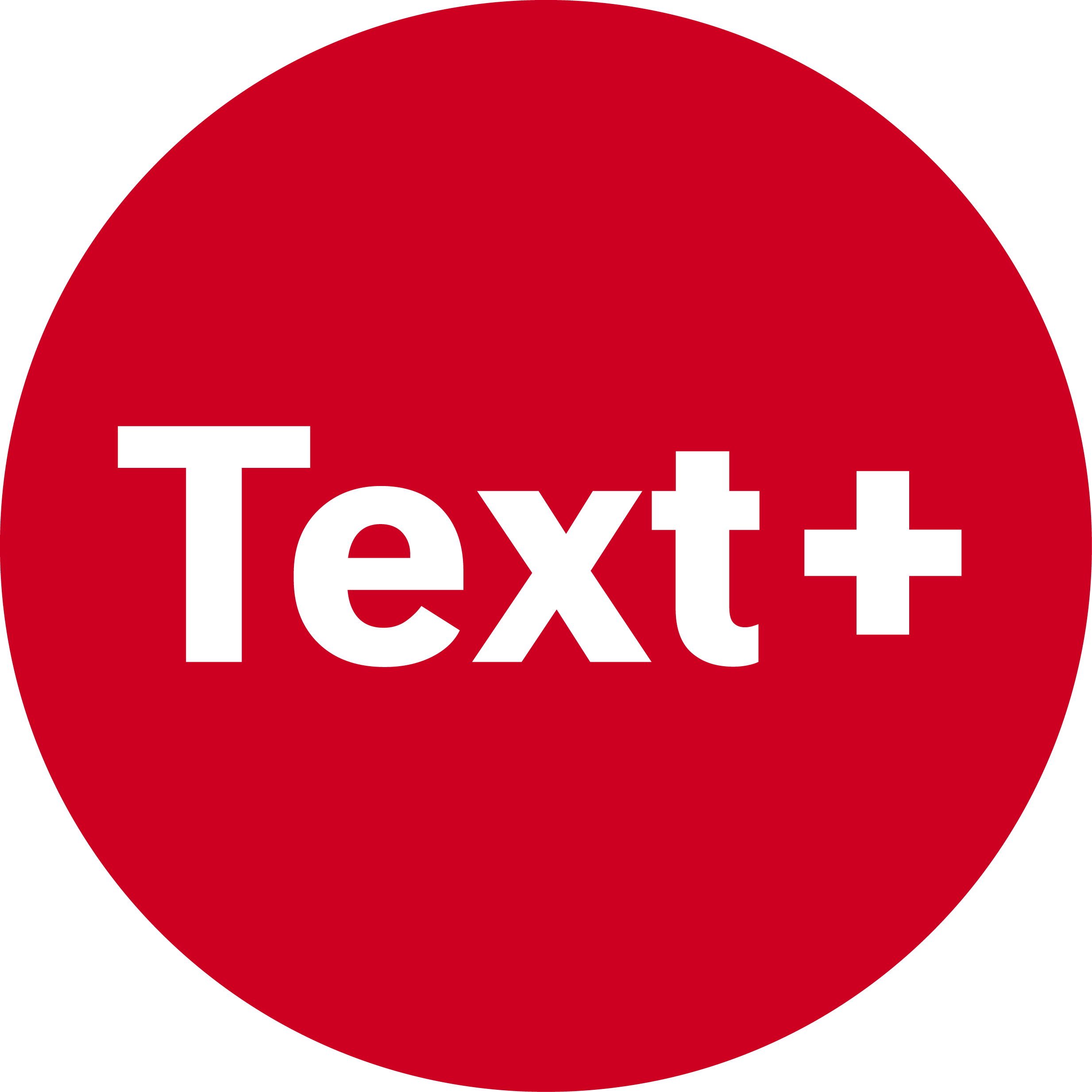
About us
Language and text-based research data are of outstanding importance in many disciplines in the humanities. Initially with the data domains Collections, Lexical Resources and Editions, Text+ addresses the requirements of a wide range of research fields that are based on a long research tradition. These data domains are linked to mature methodological paradigms that require distinctive, but also cross-disciplinary data generation, curation, and data management practices.
Text+ is not limited to existing data, but will systematically expand its portfolio in close consultation with the expert communities involved. This also includes tools to support researchers in the FAIR creation, use and provision of data throughout the entire research data life cycle.
The usability of the data and tools combined with the legally compliant use of language and text data, which often affects the rights of third parties, are central tasks of Text +. The diversity of the data adds to the complexity, the data being heterogeneous in terms of language families (extending beyond Europe), modalities of language and writing systems. The + sign indicates that Text+ is open, for example also for language-based resources and tools for speech and for multimodal data. As a distributed infrastructure, Text+ relies on and incorporates a wide range of existing data and tools from the currently more than 30 partners in the consortium.
Goals
- Development of a distributed infrastructure for speech language and text data
- Support of researchers in the creation, re-use and preservation of language and text data
- Enable innovative research through easy access to research data and tools
- Close cooperation with the communities involved: portfolio expansion, training, workshops
Task Areas
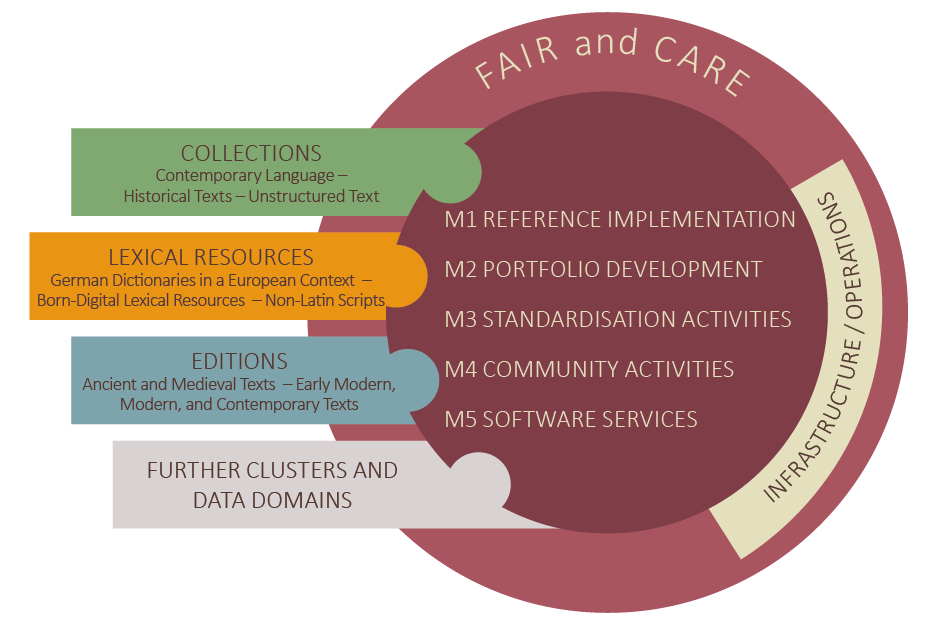
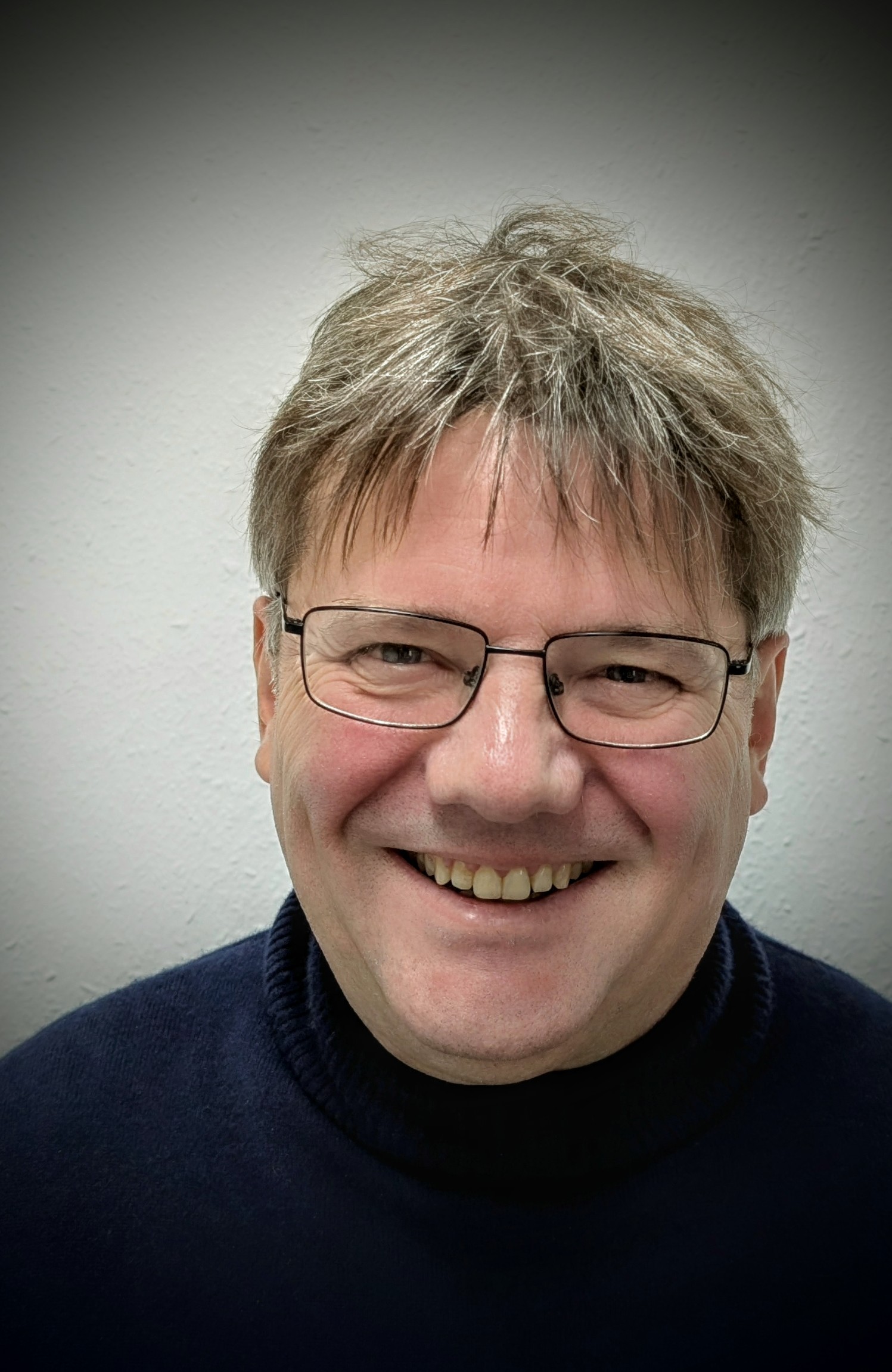
Prof. Dr. Andreas Witt
Speaker of the consortium
(Co-)Applicant institutions and (Co-)Speakers:
- PD Dr. Alexander Geyken, Berlin-Brandenburgische Akademie der Wissenschaften, Berlin
- Dr. Peter Leinen, Deutsche Nationalbibliothek
- Prof. Dr. Andreas Speer, Nordrhein-Westfälische Akademie der Wissenschaften und der Künste, Düsseldorf
- Prof. Dr. Philipp Wieder, Niedersächsische Staats- und Universitätsbibliothek Göttingen
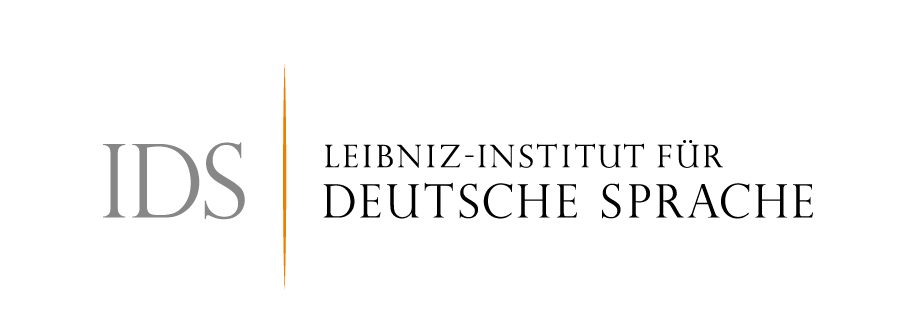
Leibniz-Institut für Deutsche Sprache Mannheim
Applicant institution
Participating Institutions
- Akademie der Wissenschaften in Hamburg
- Akademie der Wissenschaften und der Literatur Mainz
- Akademie der Wissenschaften zu Göttingen
- Albert-Ludwigs-Universität Freiburg
- Bayerische Akademie der Wissenschaften
- Deutsches Literaturarchiv Marbach
- Eberhard Karls Universität Tübingen
- Forschungszentrum Jülich GmbH
- Gesellschaft für wissenschaftliche Datenverarbeitung mbH Göttingen
- Heidelberger Akademie der Wissenschaften
- Herzog August Bibliothek Wolfenbüttel
- Hochschule Darmstadt
- Julius-Maximilians-Universität Würzburg
- Klassik Stiftung Weimar
- Leopoldina, Nationale Akademie der Wissenschaften
- Ludwig-Maximilians-Universität München
- Max-Weber-Stiftung
- Otto-Friedrich-Universität Bamberg
- Sächsische Akademie der Wissenschaften zu Leipzig
- Salomon Ludwig Steinheim Institut für deutsch-jüdische Geschichte, Essen
- Technische Universität Darmstadt
- Technische Universität Dresden
- Universität des Saarlandes
- Universität Duisburg-Essen
- Universität Hamburg
- Universität Paderborn
- Universität Trier
- Universitäts- und Landesbibliothek Darmstadt
- Universität zu Köln
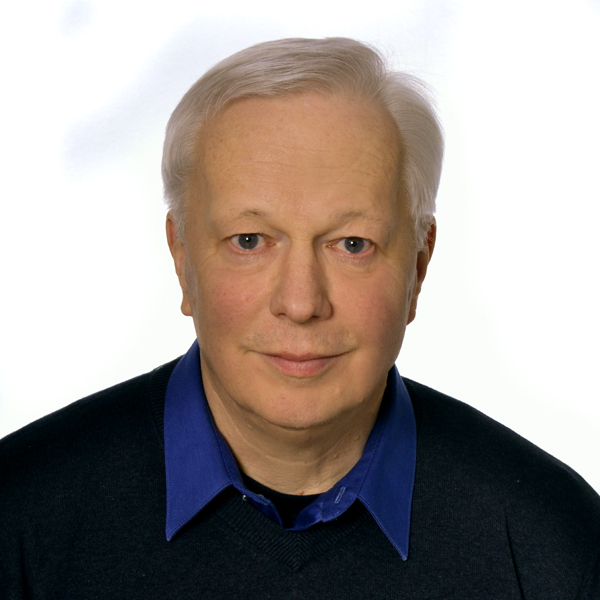
Prof. Dr. Andreas Witt
Speaker of the consortium

Leibniz Institute for the German Language
Applicant institution
(Co-)applicant institutions and (co-)speakers:
- PD Dr. Alexander Geyken, Berlin-Brandenburgische Akademie der Wissenschaften, Berlin
- Dr. Peter Leinen, Deutsche Nationalbibliothek
- Prof. Dr. Andreas Speer, Nordrhein-Westfälische Akademie der Wissenschaften und der Künste, Düsseldorf
- Regine Stein, Niedersächsische Staats- und Universitätsbibliothek Göttingen
Participating Institutions
- Akademie der Wissenschaften in Hamburg
- Akademie der Wissenschaften und der Literatur Mainz
- Akademie der Wissenschaften zu Göttingen
- Albert-Ludwigs-Universität Freiburg
- Bayerische Akademie der Wissenschaften
- Deutsches Literaturarchiv Marbach
- Eberhard Karls Universität Tübingen
- Forschungszentrum Jülich GmbH
- Gesellschaft für wissenschaftliche
- Datenverarbeitung mbH Göttingen
- Heidelberger Akademie der Wissenschaften
- Herzog August Bibliothek Wolfenbüttel
- Hochschule Darmstadt
- Julius-Maximilians-Universität Würzburg
- Klassik Stiftung Weimar
- Leopoldina, Nationale Akademie der Wissenschaften
- Ludwig-Maximilians-Universität München
- Max-Weber-Stiftung
- Otto-Friedrich-Universität Bamberg
- Sächsische Akademie der Wissenschaften zu Leipzig
- Salomon Ludwig Steinheim Institut für deutsch-jüdische Geschichte, Essen
- Technische Universität Darmstadt
- Technische Universität Dresden
- Universität des Saarlandes
- Universität Duisburg-Essen
- Universität Hamburg
- Universität Paderborn
- Universität Trier
- Universitäts- und Landesbibliothek Darmstadt
- Universität zu Köln